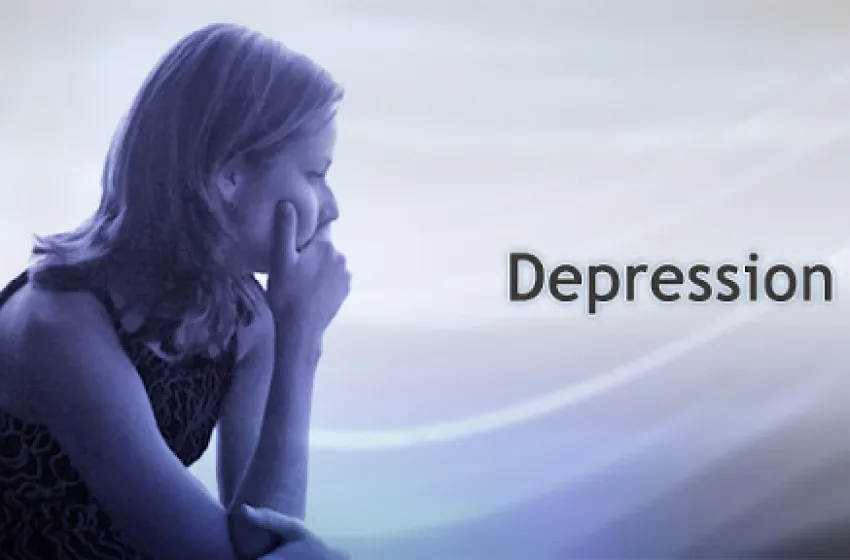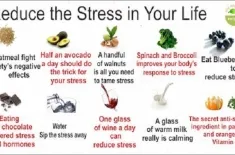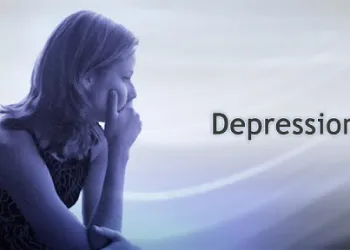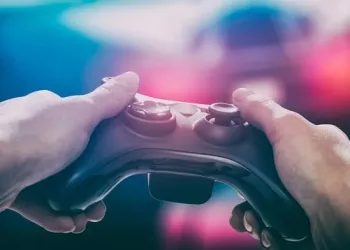What is Depression | Symptoms | Causes | Treatment
Depression is a mood disorder characterized by feelings of deep sadness and a sense of indifference. Everyone must have felt sad or depressed. A person is declared depressed if he has felt sad, hopeless, or worthless for 2 weeks.
Depression is a mood disorder characterized by feelings of deep sadness and a sense of indifference. Everyone must have felt sad or depressed. A person is declared depressed if he has felt sad, hopeless, or worthless for 2 weeks.
Depression that is allowed to continue and does not get treatment can lead to a decrease in work productivity, disruption of social relations, to the emergence of suicidal ideation.
Depression can affect anyone, including women. Depression in women is often associated with hormonal changes, including menstruation, pregnancy, after pregnancy, or menopause. However, until now there has been no research that confirms the cause of depression more often occurs in women.
Symptoms of Depression
There are psychological and physical characteristics that indicate a person is suffering from depression. The psychological characteristics of a person experiencing depression are:
- Experiencing excessive anxiety and worry
- Emotionally unstable
- Feeling hopeless or frustrated
The physical characteristics of a person experiencing depression are:
- Always feeling tired and powerless
- Experiencing dizziness and pain for no apparent reason
- Decreased appetite
Causes of Depression
To date, there is no single cause of depression. This condition is caused and triggered for various reasons. For many people with depression, the condition develops for more than one factor. Depression is more common in adults, and the cause is thought to be related to genetics, hormones, and chemicals in the brain. Several factors trigger depression, including:
- Experiencing a traumatic event
- Have a chronic or serious illness
- Taking certain types of drugs
- Have a history of other mental disorders
- Having mental stress, for example due to financial problems or household problems
- Having the wrong mindset, for example toxic positivity
- Stressful events in a person's life such as the death of a loved one, prolonged stress at work, and the breakdown of a relationship.
- Undiagnosed physical illnesses and conditions such as head injury under an active pituitary gland or thyroid gland, coronary heart disease, cancer, and other life-threatening conditions can cause symptoms and lead to depression.
- Heredity and family history - depression appears to be a condition closely related to heredity.
- Personality Factors - people with low self-esteem and self-blame, tend to worry easily and can cause depression
Depression Treatment
In treating depression, psychiatrists can do the following ways:
- Doing psychotherapy, to help deal with problems due to depression
- Giving antidepressant drugs, to treat the patient's depression
- Giving electroshock therapy, to change the patient's brain performance
- Undergo treatment in hospital if you have severe depression
Although this disorder is very common, depression is often overlooked and untreated. This poses a great risk to many people due to lack of attention to it and can lead to mental, physical and health problems or even life-threatening situations. If you or a loved one is showing symptoms of depression, the best thing you can do is see a doctor, who can then refer you to a psychologist or psychiatrist for a more thorough diagnosis and treatment. Psychologists specialize in treating depression through talk therapy. Psychiatrists, on the other hand, treat patients who need prescription medications to manage depressive symptoms.
Treatment options for depression generally depend on the type of depression the patient has. For moderate and severe depression, treatment may include psychological therapy (talk therapy), anti-depressant medications, or a combination of both. Cognitive behavioral therapy and interpersonal therapy are some of the most effective psychological treatments available today. Anti-depressants, on the other hand, work by increasing the body's levels of serotonin, a chemical that regulates mood balance.
Other treatment options recommended by experts with excellent success are omega-3 supplements and ketamine injections. For mild depression, there are self-help programs, as well as peer support groups that your doctor can recommend.

































